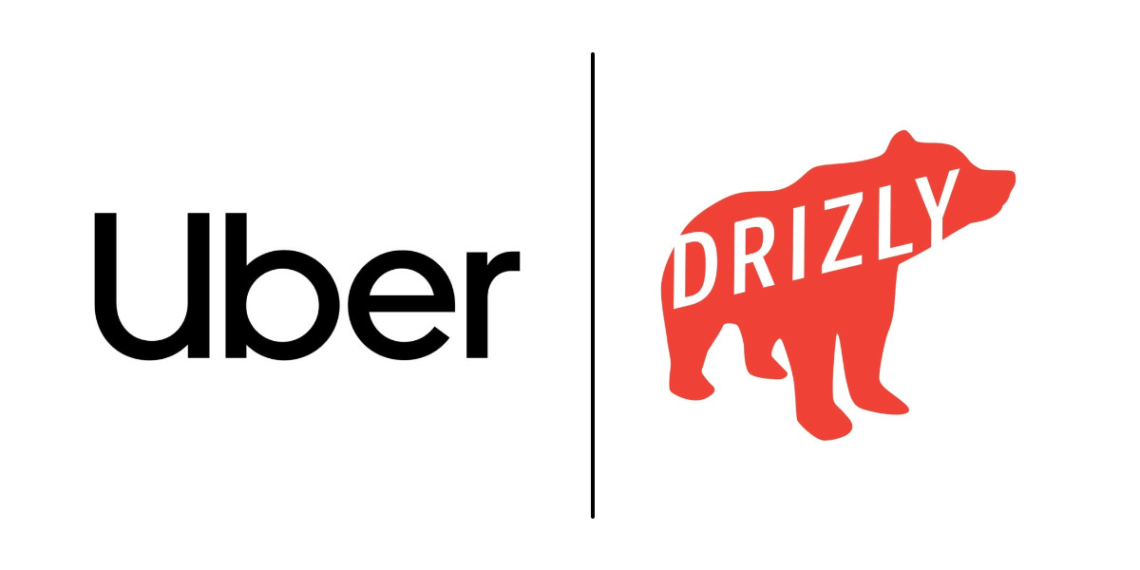Uber announced today that it’s shopping for alcohol supply service Drizly in a deal price $1.1 billion, because the ride-sharing firm continues to construct out its secure of meals and different supply companies.
The eventual plan is for Drizly’s market of beer, wine, and liquor to be built-in into the present Uber Eats utility, giving Uber customers a one-stop store for each foods and drinks deliveries. The present Drizly app will stick round, although.
Drizly is successfully a web based supply storefront for present native liquor shops. The corporate companions with native sellers after which enlists supply drivers — much like Uber Eats — to deal with the supply. The service is now out there in over 1,400 cities throughout the USA.
This deal marks the most recent delivery-focused transfer on Uber’s half in current months, even because it’s begun to dump the much less worthwhile elements of its enterprise. Final 12 months, Uber offered off its autonomous vehicle and flying taxi divisions because it sought to be extra worthwhile.
These strikes adopted Uber’s failed attempt to purchase GrubHub final 12 months, together with a profitable acquisition of Postmates over the summer for $2.65 billion. The corporate has additionally not too long ago began to maneuver into on-demand grocery delivery, starting in Latin America and Canada, and expanded its Uber Health service so as to add prescription supply. The acquisition of Drizly matches neatly into the increasing delivery-focused strategy for Uber.
It’s a method that is sensible. Whereas futuristic tasks like self-driving automobiles or on-demand flying taxis sound cool on paper, neither has resulted in any actual worthwhile merchandise. And in a bruising 2020 that noticed Uber post record losses as journey plummeted because of the COVID-19 pandemic, supply companies remained a vibrant spot on Uber’s ledger, rising massively, because of an identical COVID-induced spike in clients eager to order in additional.
Notably, these new supply companies are all companies that depend on contract staff. Uber not too long ago spent millions of dollars as a part of a lobbying marketing campaign in California to keep away from classifying these staff as staff through Prop 22. (A gaggle of Uber and Lyft drivers is currently suing, claiming that it “illegally” excludes drivers from California’s staff’ compensation program.) That’s in distinction to the elements of the corporate that Uber is winding down, just like the autonomous car program, which relied on full-time staff.
Uber and Drizly count on the deal to shut someday within the first half of 2021.
Supply: www.theverge.com



